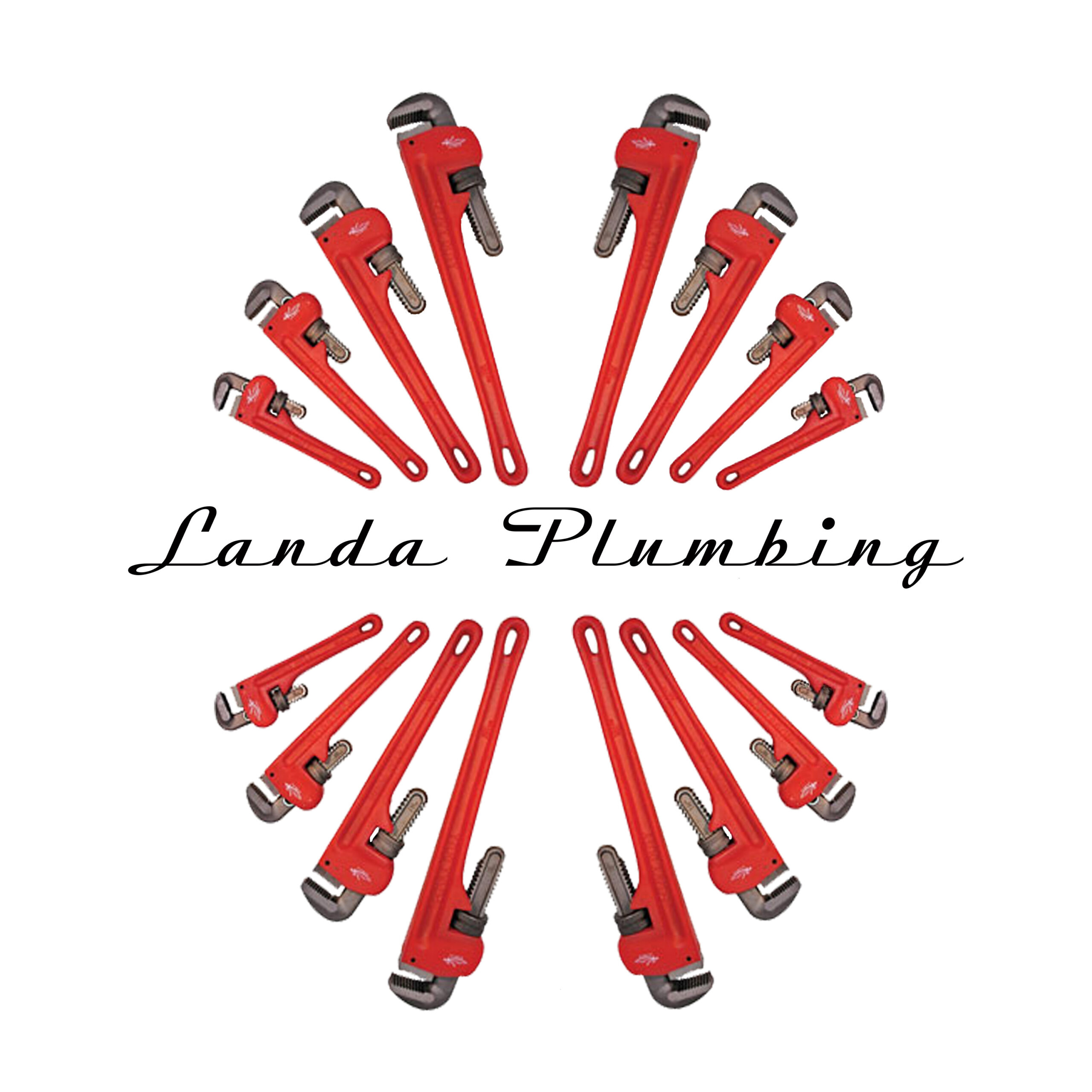‘Tis the season for festive decor, delicious feasts, and…clogged drains? Ensure that plumbing nightmares don’t make the guest list at your next holiday gathering!
The Importance of a Clear Drain During the Holidays
The holiday season is synonymous with a bustling house full of guests. Amidst all the cheer, the last thing any host wants is a nasty drain clog ruining the festive spirit.
During the holidays, plumbing systems face an increase in usage. With more cooking, washing, and bathroom usage, your home’s plumbing undergoes significant stress – but there are several precautions you can take to minimize that stress and prevent plumbing mishaps.
Common Causes of Clogs During the Holidays
Fats, Oils, and Grease (F.O.G)
These are a plumber’s arch-nemesis. When washed down the sink, these substances solidify in cold pipes, gradually narrowing the passage. One turkey dinner with its accompaniments can produce a substantial amount of F.O.G, which increases the risk of a clog.
Here’s a list of common F.O.G culprits that you might find in your kitchen:
- Butter and Margarine: Commonly used in cooking and baking, these fats solidify in pipes, causing blockages.
- Cooking Oil: This includes vegetable oil, olive oil, sunflower oil, and other oils used in frying or sautéing.
- Meat Fats: Fats from bacon, sausages, poultry, and red meat can congeal in pipes.
- Gravy: This savory sauce is a staple at holiday feasts but can solidify and stick to pipes once cooled.
- Food Scraps: Leftovers from plates and cooking pans often contain greasy substances.
- Dairy Products: Items like milk, cream, and cheese have high fat content that can harden in pipes.
- Salad Dressings and Mayonnaise: These condiments are oil-based and can contribute to clogs.
- Sauces: Many sauces, especially cream or butter-based ones, can harden in your pipes.
Remember, these substances should never go down the drain. Wait for them to cool, then dispose of them properly in the trash to keep your plumbing clear!
Food Debris
Bits of vegetables, meat, and other foods going down the kitchen sink can accumulate in the drain, leading to obstructions.
Hair and Personal Products
Your guest bathroom sees increased traffic during the holidays. The more people using the shower, the higher the chances of hair and products like shampoo and conditioner making their way down the drain. Over time, these can form stubborn clogs.
3 Easy Proactive Steps to Prevent Clogs
1. Install Drain Strainers
These handy devices catch hair, soap scum, and food particles before they head down the drain. They’re inexpensive, easy to install, and can be a game-changer for your pipes.
2. Properly Dispose of F.O.G
Instead of washing fats, oils, and grease down the sink, pour them into a container and dispose of them in the trash. Educate your guests about this too. A simple note by the sink can work wonders!
3. Run Hot Water
After every use, let hot water run down the sink for a minute while you run the garbage disposal. This can help melt away any F.O.G that may have found its way into the drain.
What to Do If a Clog Does Happen
Plunge it Out
For minor blockages, a good old-fashioned plunger can often do the trick. Ensure you have a tight seal and use a vigorous up-and-down motion.
Natural Solutions
Before reaching for harsh chemicals, try the aforementioned vinegar and baking soda solution. It’s eco-friendly and often just as effective.
Consult a Professional
If DIY methods fail, it’s time to call in the experts. A professional plumber will have the tools and expertise to diagnose and resolve the issue efficiently.
The Hidden Costs of Ignoring Drain Clogs
While the immediate inconvenience of clogged drains is obvious to anyone who’s experienced them, the underlying detriments of these blockages can impact households in more profound, long-lasting, and often expensive ways. Understanding the broader implications can underscore the importance of proactive drain care.
Environmental Impact
- Contamination of Water Bodies: Overflows resulting from severe clogs can lead to the discharge of pollutants into local water bodies, affecting aquatic life and ecosystem quality.
- Strain on Sewage Facilities: Clogs can force local sewage facilities to work harder, potentially leading to system failures that have wide-reaching environmental consequences.
Health Concerns
- Bacterial Growth: Standing water in sinks or tubs due to clogs can become a breeding ground for bacteria, posing health risks to household members, especially those with respiratory conditions or weakened immune systems.
- Foul Odors: The buildup of decomposing food and waste materials can produce unpleasant smells that are not just off-putting but can also contribute to poor indoor air quality.
Structural Damage
- Pipe Damage: Persistent clogs can lead to increased pressure in pipes, causing cracks or even bursts that require costly repairs.
- Water Damage: Overflow from clogs can damage cabinets, floors, and walls, potentially leading to mold growth and structural issues.
- Basement Flooding: Main line clogs can result in sewage backing up into homes, particularly in basements, causing extensive damage to property and possessions.
Financial Burden
- High Repair Costs: Neglected clogs can escalate into bigger problems that are expensive to fix, involving professional plumbing services, water damage restoration, and sometimes even pipe replacement or extensive home repairs.
- Increased Water Bills: Recurring clogs might result in leaks or constantly running water, which can cause a significant increase in your water bills over time.
Lifestyle Disruptions
- Inconvenience for Residents: A clogged drain can render a sink, shower, or even toilet unusable for a period, disrupting daily routines and causing discomfort, especially in homes with limited facilities.
- Negative Impact on Social Gatherings: Hosting events or having overnight guests becomes a challenge with plumbing issues, potentially causing embarrassment and stress.
Prevention is Better Than Cure
Considering these extensive detriments, it’s clear that a proactive approach to drain care is far more beneficial and cost-effective in the long run. Regular maintenance and proper disposal of F.O.G and other debris are simple steps that can save households from the multifaceted complications arising from clogged drains. Remember, a little vigilance goes a long way in ensuring the health, comfort, and safety of your home environment!
The Bottom Line
The holiday season should be filled with joy, laughter, and cherished memories. With a bit of foresight and routine maintenance, you can easily avoid plumbing woes and ensure your gatherings are nothing short of spectacular.
If you ever find yourself in need of a plumbing expert, remember that Landa Plumbing is your go-to choice for reliability and expertise. This holiday season, don’t let clogs steal your festive cheer. Let us handle the plumbing so you can focus on what truly matters: making memories with loved ones.
Schedule a pre-holiday drain check-up with Landa Plumbing today!

